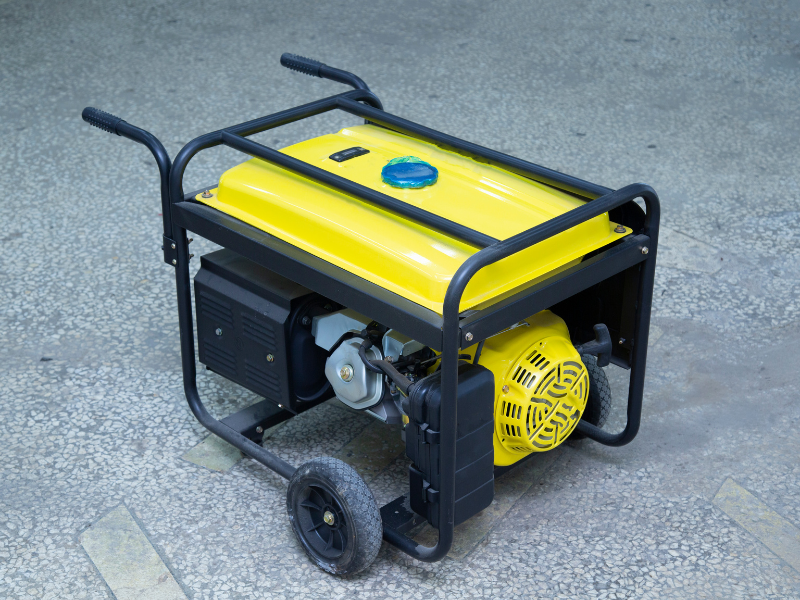
Why generator size matters
Sizing your standby generator is extremely important to prevent issues such as capacity overload, unexpected breakdowns, and more. It also ensures peak efficiency and maximum longevity of the system. Buying a generator that is too small or too big for your needs can pose several problems, and that is understanding the right generator size for your home is essential. If you buy a generator that is too big, you will be paying more than what is necessary to buy and running it. A generator that is too small will not meet the power demands of your home. So, it is important to choose the right size. Your provider will help you get the right generator size for your needs; however, it is good to have a few points in mind.
Calculating the Load
To calculate the right generator size, you will have to first determine the power requirement for your home. Start by making a list of all the appliances you will need to power with your generator. Appliances such as water heaters and light bulbs draw a fixed amount of power, but some appliances, such as refrigerators, have different starting and running wattages. It is important to understand the difference between the two:
Starting watts
Also known as surge watts, these are the extra watts needed for the first two or three seconds to start up an electric appliance. When you are using a generator to power your home, you need to take into account the starting watts of large appliances such as HVAC appliances. If you don’t account for the surge watts, you may not be able to run the particular appliance at all, and in worse cases, a power overload can damage the generator.
Running watts
As the name suggests, running watts are the amount of power that an appliance uses when running. Normally, starting wattage is higher than the running wattage. Calculating running watts is important to determine the number of electronic devices you can run at a time.
To get a fair idea of the power requirement, you will have to add up the starting and running watts for each appliance. You can get the wattages from the owner’s manual of each electric appliance you wish to run on your generator. The more the number of appliances you wish to run on the generator, the bigger a generator you will need.
You also need to consider the fact that you won’t need to run all the devices at the same time. So, you must determine the power requirement based on the usage patterns and ensure that the surge power needs of the most important appliances are covered. It is also advisable that the generator should not run at its full capacity for a long time as it can shorten its lifespan. So, you must choose a generator that has a power output that is slightly higher than your home’s power requirement.
Choosing the right generator size for your needs
You must choose a generator that has the necessary power rating to run each of the electric appliances. Standby generators are usually rated in kilowatts, and they come in many different capacities. It is better to buy a higher capacity generator than your power requirements. This will prevent overloading and will prolong the lifespan of your unit.
Looking for a standby generator for your home or commercial property? Get in touch with our team now. Our team of experts will partner with you to understand your power needs and help you choose the suitable unit for your home or business.
